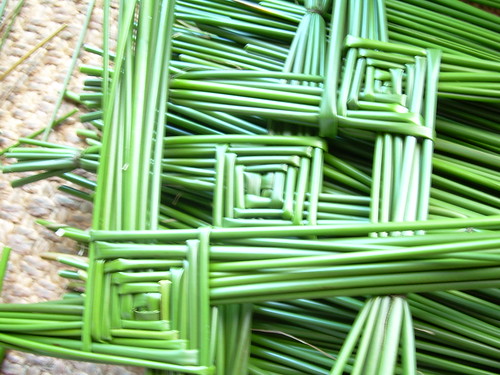So I come across this today:
Now, this isn't meant to be a knock on Fassbender or Bennett, but it's not as if there've been many successful adaptations of mythology lately--not the dreadful remake of Clash of the Titans, nor the inexplicable Immortals, and especially not 2004's laugh-fest King Arthur.
I'm always wary of adapting mythology--which ultimately was (and still is) someone's religion. Usually in these big-budget adaptations, the gods are an evil to be defeated by mortals (which is an ugly bastardization of the meanings of those myths), or they're written out altogether (as in the otherwise watchable Troy). I can easily see this as being a "defeat the gods" film, given that the Morrigan is an antagonist, while Lugh, Cuchulain's divine father, could easily be ignored or forgotten. Really, the only film that hasn't been automatically dismissive of gods was Thor, and they aren't exactly gods, but aliens with god-like abilities.
And while ancient stories are all the rage, it's rare they aren't big, bloated, painful messes. I rather liked Tristan and Isolde--it wasn't a great film, but because the action was smaller and the conflict personal, it wasn't a terrible film, either. I dread to think of the Cattle Raid of Cooley being turned into 300.
On the other hand, the last film I saw that delved into Irish myth and history was the absolutely fantastic Secret of Kells, so it's not as if the task is impossible.
Michael Fassbender and screenwriter Ronan Bennett are developing a feature film about the legendary Celtic warrior Cuchulain, with Fassbender set to play the leading role.
Cuchulain is the central character in the Ulster Cycle, an epic series of Old Irish legends that date from around the 8th century.
Set in the northern part of Ireland, the saga relates the story of the Ulaid tribe headed by King Conchobar, and particularly its conflict with the rival Connachta tribe led by Queen Mebh.
The most prominent figure in the legends is Conchobar's nephew Cuchulain, who has semi-divine ancestry and superhuman fighting skills. In the most famous story, known as the Cattle Raid of Cooley, he is the only man capable of resisting the vast army sent by Medb to steal Conchobar's prize white bull.
Now, this isn't meant to be a knock on Fassbender or Bennett, but it's not as if there've been many successful adaptations of mythology lately--not the dreadful remake of Clash of the Titans, nor the inexplicable Immortals, and especially not 2004's laugh-fest King Arthur.
I'm always wary of adapting mythology--which ultimately was (and still is) someone's religion. Usually in these big-budget adaptations, the gods are an evil to be defeated by mortals (which is an ugly bastardization of the meanings of those myths), or they're written out altogether (as in the otherwise watchable Troy). I can easily see this as being a "defeat the gods" film, given that the Morrigan is an antagonist, while Lugh, Cuchulain's divine father, could easily be ignored or forgotten. Really, the only film that hasn't been automatically dismissive of gods was Thor, and they aren't exactly gods, but aliens with god-like abilities.
And while ancient stories are all the rage, it's rare they aren't big, bloated, painful messes. I rather liked Tristan and Isolde--it wasn't a great film, but because the action was smaller and the conflict personal, it wasn't a terrible film, either. I dread to think of the Cattle Raid of Cooley being turned into 300.
On the other hand, the last film I saw that delved into Irish myth and history was the absolutely fantastic Secret of Kells, so it's not as if the task is impossible.

